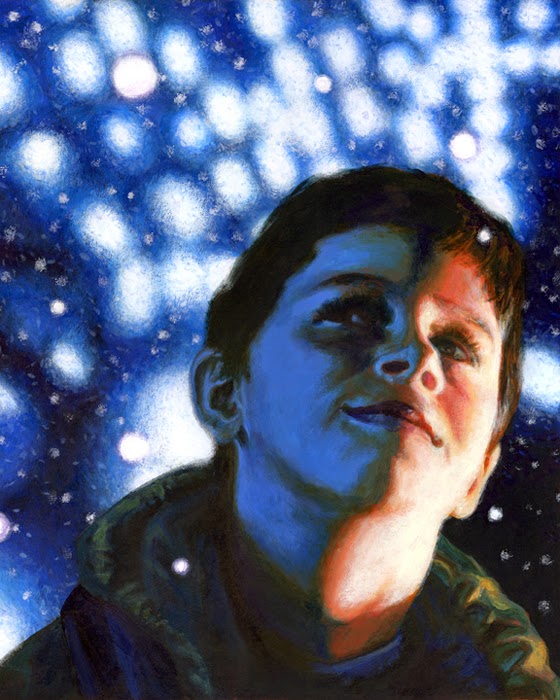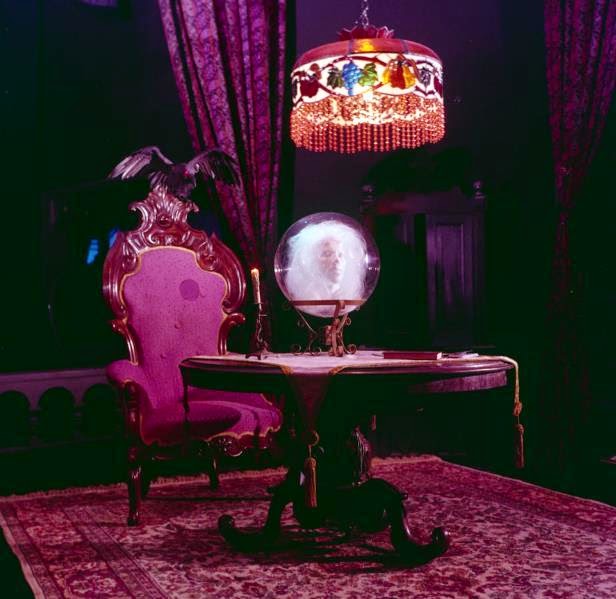Birds, beasts, trees, flowers;
Gnaws iron, bites steel;
Grinds hard stones to meal;
Slays king, ruins town,
And beats high mountain down.”
Bilbo. Of course, the answer is “Time.” Everything falls prey to time; nothing
lasts. And, this includes humankind. Our lives are but a mere speck in contrast
to, for example, geological time, although our lives usually are longer than
the fleeting moment allotted to a butterfly.
how long our lives will be. I always
have felt uncomfortable with the possibility that I may not have used my time
so productively as I might have, that I may have accomplished more to make me
truly worthy of this gift of time.
Ironically, I currently spend a lot of time on these Story-Time
presentations.
“Death in Venice,” the protagonist Gustav von Aschenbach is shocked by a sudden
realization of mortality when he suffers a heart attack. Afterwards as he watches the sands running
through a large hourglass, he muses, “The aperture through which the sand runs
is so tiny that, at first sight, it seems as if the level in the upper glass
never changes. To our eyes, it appears
that the sand runs out …only at the end.
And ‘til it does, its’ not worth thinking about ‘til the last moment
when there’s no more time…when there’s no more time to think about it.”
may have used my time more productively than many other people. A lot of people waste their lives in pursuit of hedonistic
pleasure or self-aggrandizement. Or
worse, they throw away their lives through self-destructive behaviors or
destroy other people’s lives through mistreatment or violence. Yet for even those of us who have had good
intentions, have we made the best use of our time?
reality, always fantasizing that life and the world could be more ideal. It may not be so, but it often appears that
the good die young, and the bad live on into old age. Why can’t those persons
throughout history who devoted their lives to helping others, to making the
world a better place, who had the talent to create great beauty in life, live
very long lives?
world without World War I, the Russian revolution and communism, World War II,
the Cold War? What if Archduke Ferdinand
of the Austro-Hungarian Empire had not been assassinated at age of fifty and
had had time to continue his reformist influence that well may have defused the
tension between Serbia and the monarchy?
There may have been no Great War, no millions of dead, no World War II,
not so much horror and sorrow.
facts of history now knows through revelations from U.S. and former Soviet
Union officials that J.F.K. and Bobby, through back-channels, literally
prevented World War III and nuclear holocaust.
What if John F. Kennedy had not been shot at age 47 and, instead, had
time to carry out his plans to withdraw our troops from Vietnam and to continue
to counter, as best he could, the military-industrial complex that President
Eisenhower had warned against? Could he
have prevented thousands of U.S. soldiers and tens of thousands of foreign civilians
from dying? Could he have prevented the
waste of trillions of dollars? We only
can speculate, for he did not have enough time with us. Neither did Bobby.
died at 39, had had time to continue his message of non-violence, equal rights
for all, economic balance among all citizens?
We might not have had the riots and blazing neighborhoods that followed
his assassination. He might have helped
to avert the rapid back-slide into political discrimination and the
disproportionate domination of wealth by so few. His concern was for more than just the Blacks
of the nation but rather for all. But,
his time was cut short.
Giordano Bruno in the 16th century who, through his scientific observations,
saw for himself that our sun is a star, just like many other stars in the
heavens; and he expressed the opinion that we are not alone in the universe,
that there are many worlds far beyond.
What other scientific revelations would he have found had the Church not
burned him at the stake in 1600 at age fifty-two? He should have lived a long life.
individuals such as the young physicist Henry Moseley whose scientific theories
were so brilliant that he was assumed to be destined to win the Nobel Prize had
he not been killed in action at Gallipoli in World War I. Why couldn’t someone like that have more time?
was the greatest musical genius of all times.
The beauty of his creations continues to enhance the lives of those of
us who choose to listen. What great
works could he have written had ne not died of rheumatic fever at age thirty-five? Wasn’t he entitled to a life at least as long
as some evil person such as Mafia don Joseph Bonano?
innocent such as Ryan White who received a tainted blood transfusion and died
of AIDS at eighteen, or Martin Richard, the little eight-year-old boy who
recently was blown to bits in a terrorist bombing in Boston? Ironically, one of the last photos of him
showed him holding a sign that he had made that said, “No more hurting
people.” If they had lived full lives,
what contributions might they have made to the world?
deaths, why not the evil and destructive people of the world instead, those terrible
individuals who harm others, destroy the planet, those who lie, cheat, and
steal? There are far too many of those. Had their time been extremely short, what
horrors could have been avoided?
young of syphilis in Munich, or Josef Stalin had died early so that his
paranoid evil had no chance of infecting Russia and the world? How much more wonderful the world might have
been without the Hitler’s Holocaust, Stalin’s genocides, “Bomber” Harris’ order
to fire-bomb peaceful Dresden.
possibility of an apparently sociopathic vice-president succumbing to his first
heart attack instead of mechanically being kept alive like Darth Vader? What if he, along with all of his nefarious
political manipulators and financial supporters, had perished from the earth
early on? Might the President whom the
people actually chose have had a chance to serve his two terms rather than a cadre
of misguided ideologues who wreaked endless political and financial havoc upon
the nation and the world? How different
would the world be today? If that time
had been allotted to other people who were motivated to do good, what a
different world we would live in today.
realization has come to a couple of Supreme Court Justices. They quietly have lamented to friends that,
in retrospect, they now realize that the Supreme Court broke with all legal
precedence, terminating a presidential vote-count, an action that subsequently
was found to have put the wrong men into office and consequently unleashed
unforeseen events that have caused great hardship and sorrow to the nation and
the world.
J.F.K. nor Stalin, neither Mozart nor Darth Vader. So, what do we make of our lives? All that each of us can do is to take the
time remaining for us and do the best we can.
Be positive and creative, be honest and loyal, treat each other well,
love each other. And, enjoy the company
of those who feel as we do. Live well,
for time is short. Eventually, this
thing, time, all things devours.
20013
About the Author
stories. I also realize that, although
my own life has not brought me particular fame or fortune, I too have had some
noteworthy experiences and, at times, unusual ones. Since I joined this Story Time group, I have
derived pleasure and satisfaction participating in the group. I do put some thought and effort into my
stories, and I hope that you find them interesting.














